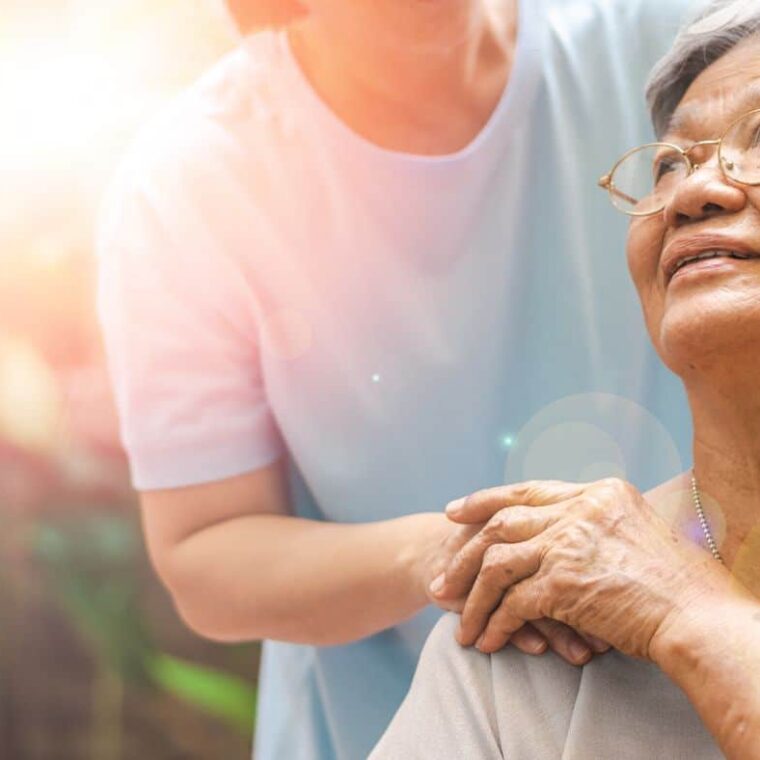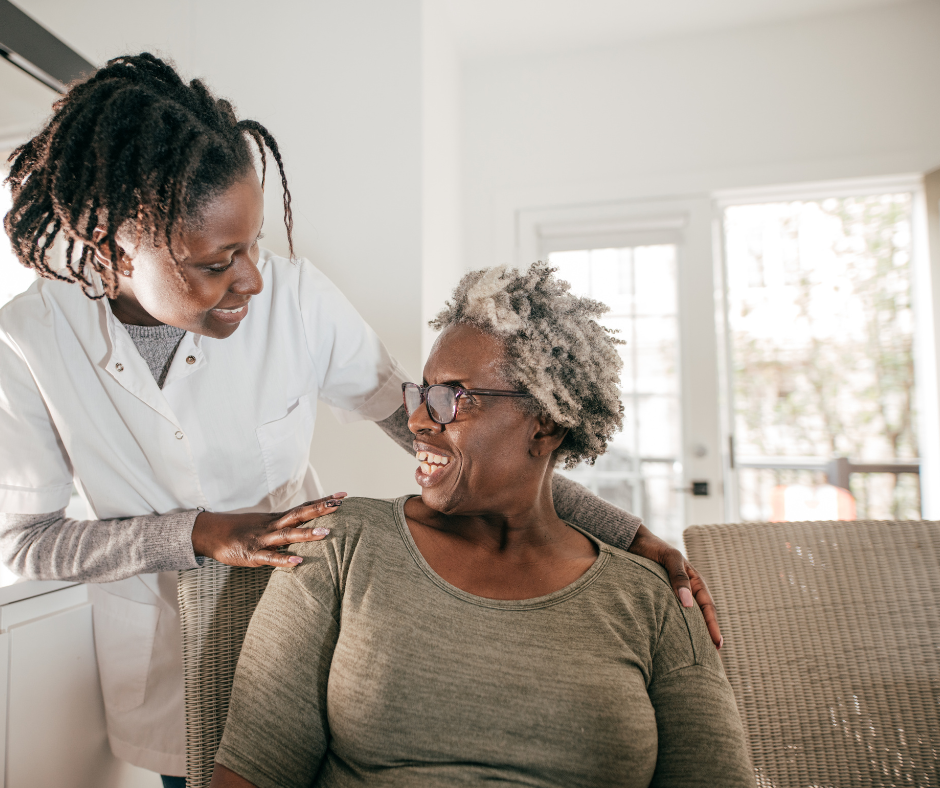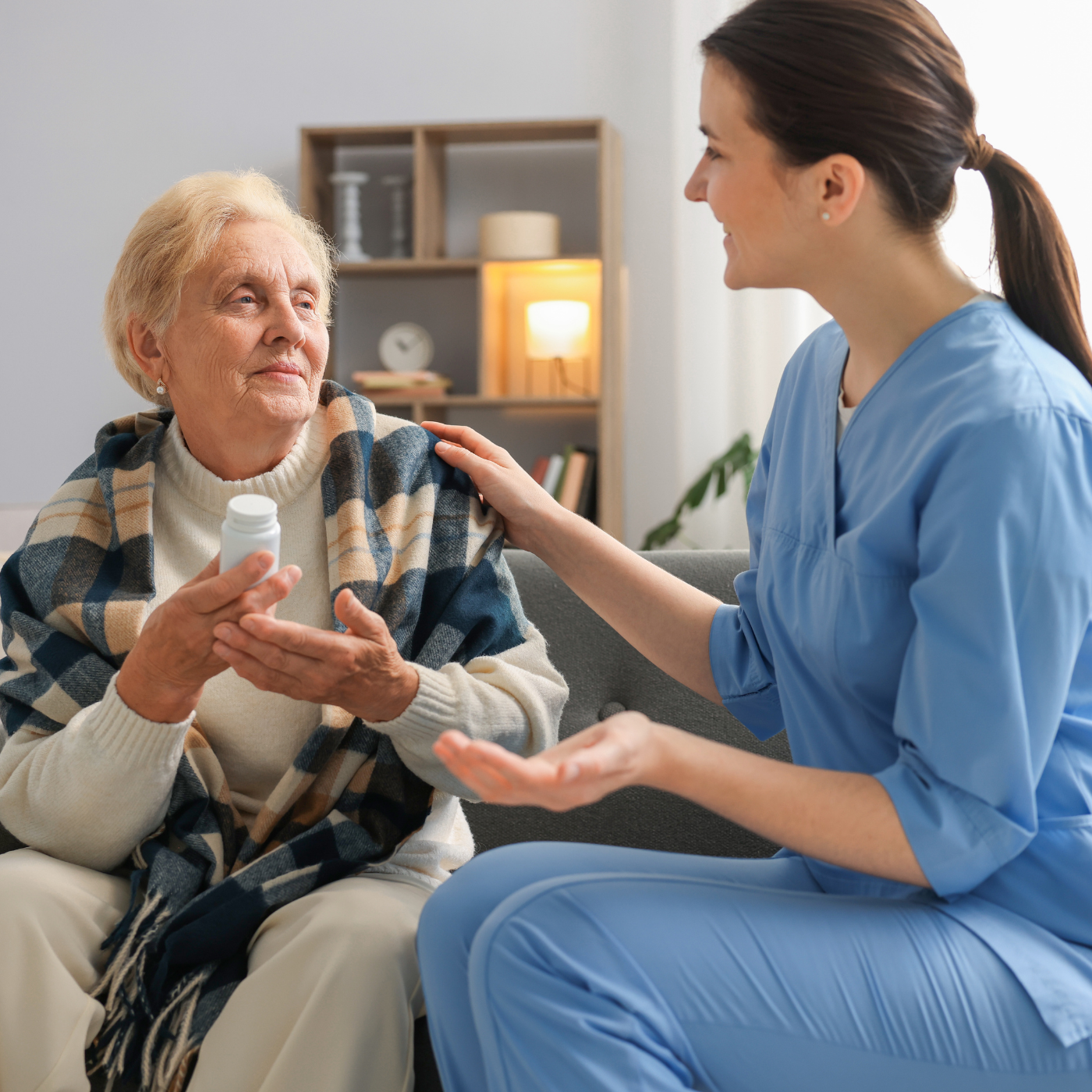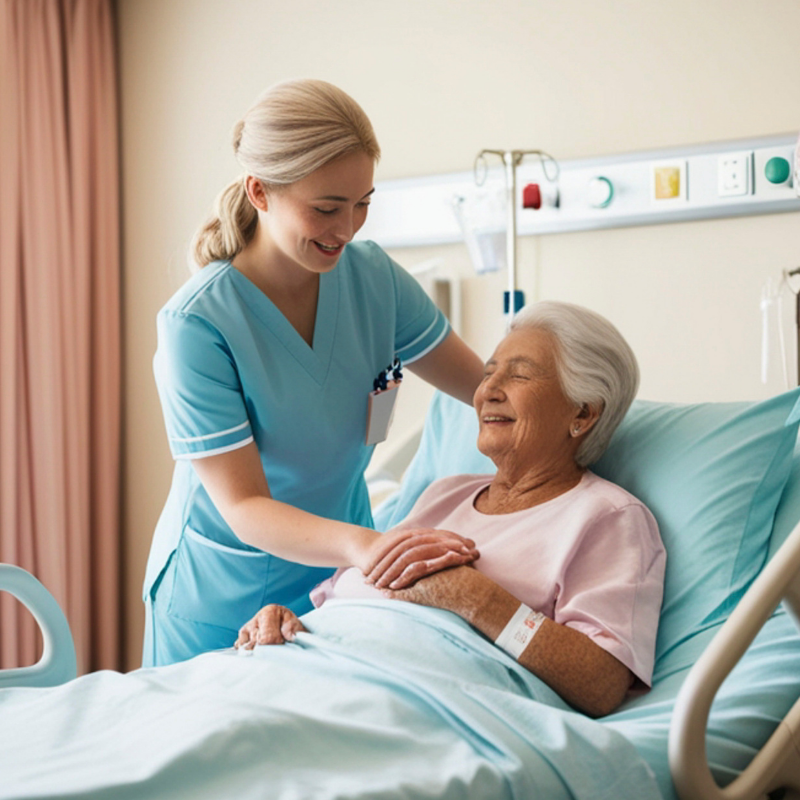As we age, many of us will face the challenge of caring for elderly parents or grandparents. It can be a difficult and emotionally draining experience, but it’s also an opportunity to show your loved ones how much you care. Here are a few tips on how to care for an elderly relative at home:
Communication is key
The first step in caring for an elderly relative is to open up the lines of communication. Talk to your loved one about their health, their daily routine, and their concerns. It’s important to listen to their concerns and address them with empathy and compassion.
If your loved one is living alone, you may want to consider hiring a homecare aide to help with their care. Homecare aides can provide assistance with activities of daily living, transportation, and companionship.
In case your loved one is in declining health, you may want to consider placing them in an assisted living facility. Assisted living facilities provide 24-hour care and assistance with activities of daily living.
Encourage independence
While you may need to help with activities of daily living, it’s important to encourage your loved one to be as independent as possible. This includes things like helping them to get dressed, using the restroom, and eating. Help them to do as much as they can on their own, and provide assistance only when needed. You may need to help bathing as this can increase their risk of falling.
Exercise
Exercising can help to improve your loved one’s balance and make them stronger, which can help to prevent falls. They may need help from you or from a professional to exercise. You may need to find a senior fitness class at a local recreation center, or hire a home health physical therapist. Talk about your options with your loved one’s doctor.
Once you have decided on an exercise plan, help your parent or loved one get started. Get any equipment they may need, such as a stability ball, weights, or exercise bands. Bring your loved one to the class or help them get the therapist scheduled. Help them stay motivated by exercising with them or cheering them on.
Nutrition
A healthy diet can also help your loved one to stay stronger and keep their bones and muscles strong. Proper nutrition is important to increasing their balance, and eating well can help to reduce their risk of falling. Eating a healthy diet also helps to improve their overall health. Improving their quality of life can be a great way of lowering their risk of falls.
It’s very important to keep the body at its prime when we age in order to prevent falling. Falls are the #1 cause of injuries and even death in seniors.
Medications
Some medications can cause side effects that increase the risk of falling. It’s important to talk to your aging loved one’s doctor about seniors in home care Tampa FL to make sure that their medications aren’t increasing their risk of falling.
If you or an aging loved one are considering senior care, please contact the caring staff at Angels Instead.
Create a routine
Creating a daily routine can help to structure the day and make things easier for both you and your loved one. This may include things like getting up at a certain time, taking medications at regular intervals, and eating meals at regular times. Having a routine can help to reduce anxiety and make the day go more smoothly.
You can also use this time to do things that your loved one enjoys, such as listening to music, reading, or chatting with you. Having a regular routine can help to create a sense of normalcy for someone with dementia.
Make time for activities
It’s important to make time for activities that your loved one enjoys. This may include reading, watching television, chatting with friends, or going for walks. Taking time to do things that bring joy can help to improve mood and overall quality of life.
Be an active listener
Make a point to listen to what your loved one is saying. If possible, give them your undivided attention. This may help your loved one feel appreciated, respected and supported.
A period of mourning is a healthy part of the healing process. It is natural for your loved one to grieve for the life they once had and how it is different now. It is okay to allow them to grieve as they see fit.
Seek out support
Caring for an elderly relative can be a lot to handle, both emotionally and physically. It’s important to seek out support from family and friends. There are also many resources available from community organizations and government agencies. Don’t be afraid to ask for help when you need it.
Get help from a professional
If you’re feeling overwhelmed or have any concerns about your loved one’s health or eating, consult with a professional. Your elder care provider or doctor can provide additional insight and guidance for better care.
If the thought of caring for an aging parent, spouse, or other family member is stressful or difficult, Angels Instead can help. We are a leading provider of home care services, and our experienced, compassionate caregivers can assist with a wide array of activities and tasks, including cooking, bathing, mobility, and grooming. We can also help with memory disorders and Alzheimer’s care.
We have flexible hourly and live-in care options to meet your loved one’s needs and budget. Call us at 281-800-1800 to learn more about our high-quality in-home care services.




